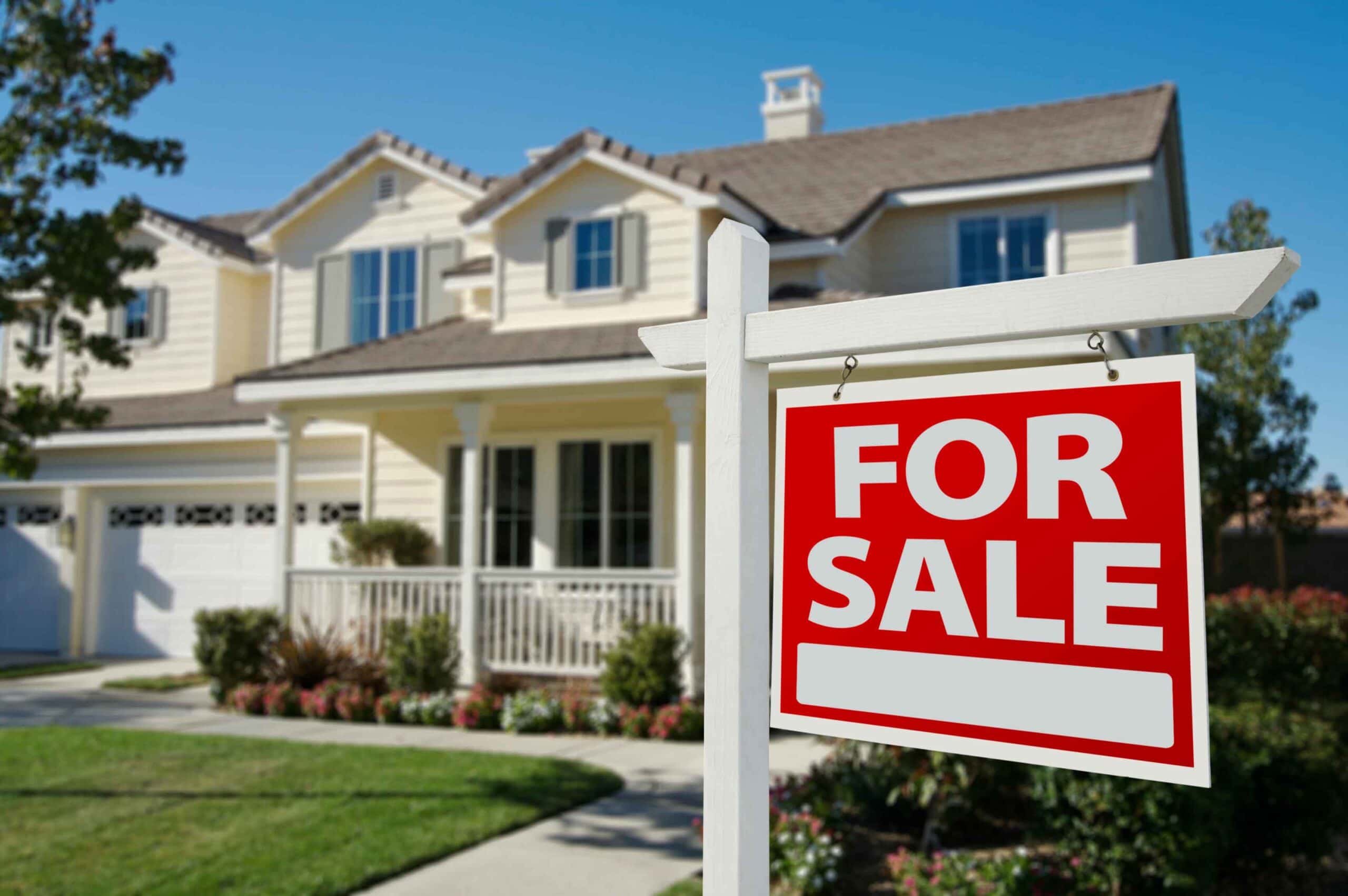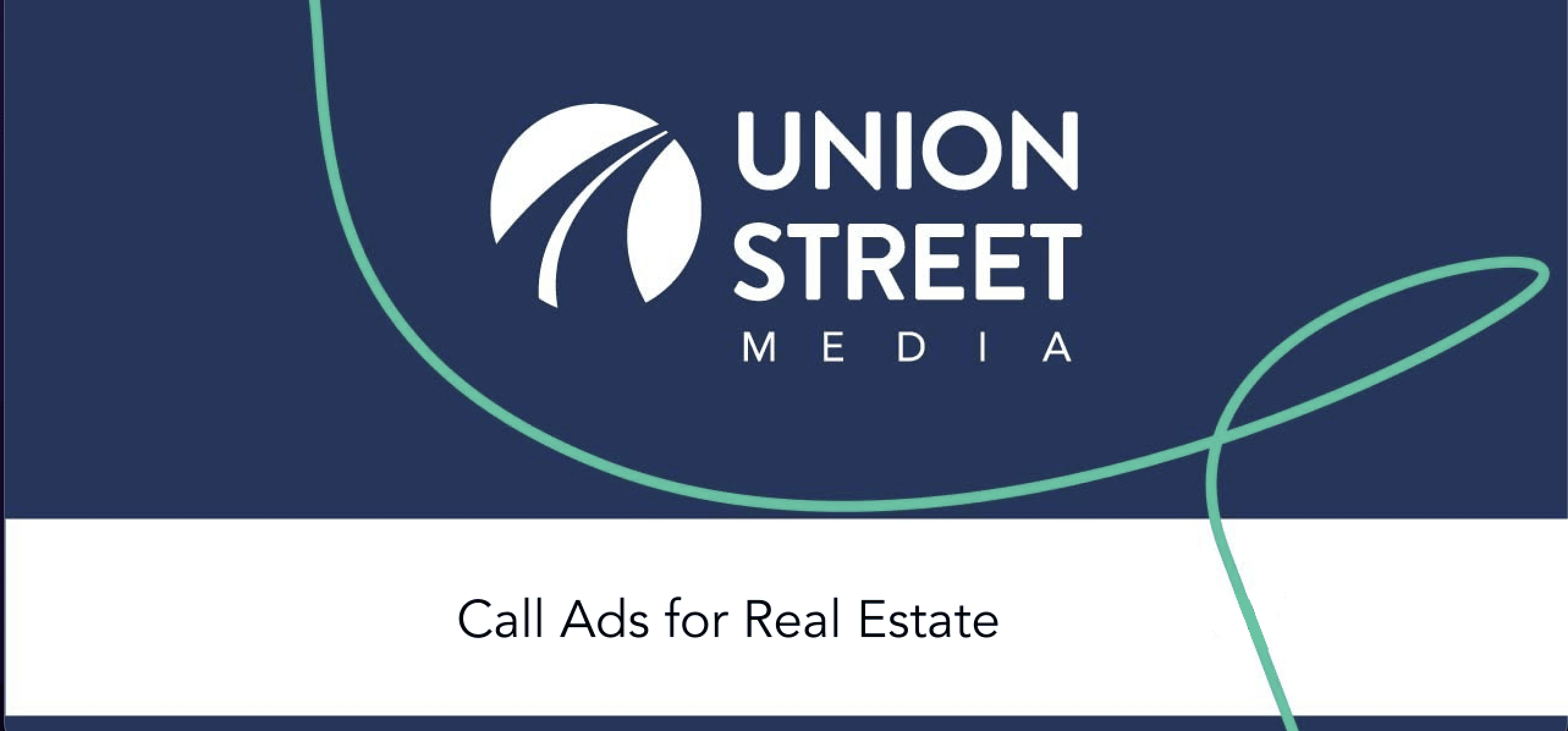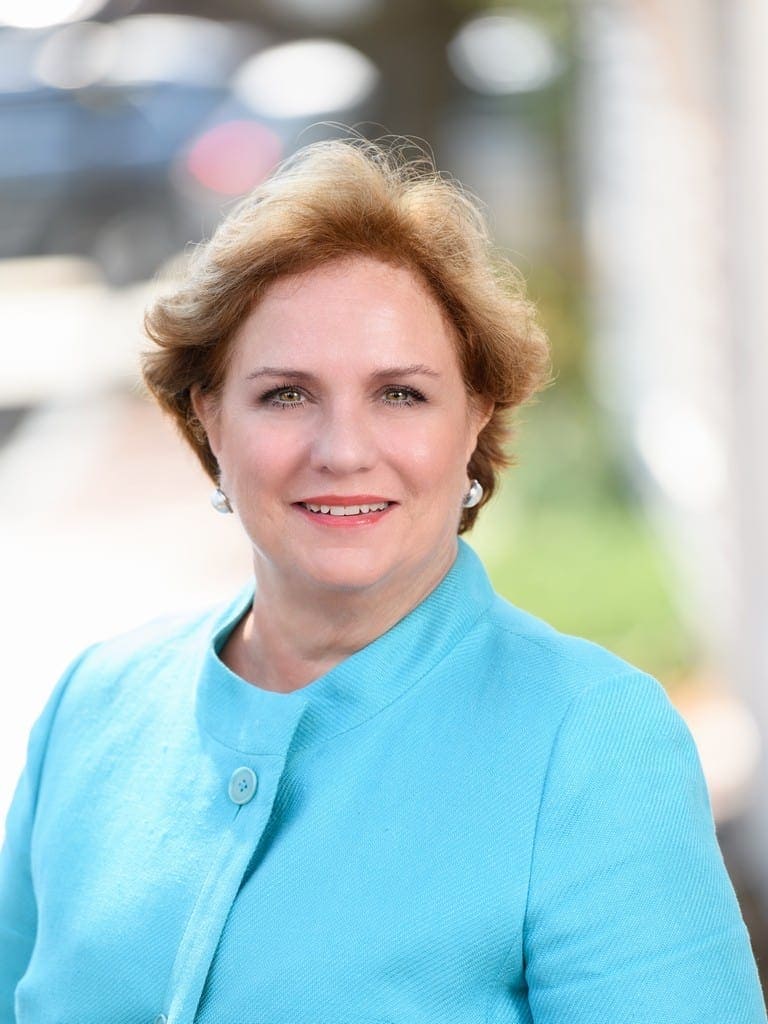Facebook Best Practices: Posting vs. Boosting vs. Advertising
For over a decade, Facebook has been vital for businesses that want to grow their online presence – today there are about 200 million businesses who use Facebook in some way or another. We get asked often about whether Facebook is still relevant for real estate and the answer is, in most cases, yes. Its broad reach and high engagement, in addition to its different options to connect with current and potential customers, make it a smart addition to most real estate companies’ digital marketing strategies.
And, Facebook has continued to evolve and add new features as consumer behavior and technology have changed. Users can now use Facebook stories, integrate with Instagram and Messenger, utilize the Facebook Live feature, and so much more. Because of the constant pace of change and myriad options, we put together a guide to Facebook best practices for real estate below. Keep reading to learn more about the difference between posting, boosting, and advertising on Facebook and how to leverage Facebook to help grow your real estate business.
Facebook Posts
Regular posts published to Facebook’s newsfeed appear on your follower’s feeds and are influenced by the algorithm, meaning Facebook decides which content is shown, when it shows, to whom it shows, and how often it shows. Posts that have videos or image carousels (multiple images) get more likes and comments and are shown more often. Even a single image in a post is better than no image. Regular posts are great for sharing blogs, team events, resources, success stories, personal anecdotes, asking questions, and more. In order to make the most out of your Facebook posts, consider:
- What’s your goal – Think about what you want to accomplish by publishing a post. Do you want to highlight a property to attract buyers? Showcase a recent sale to appeal to potential sellers? Share area information to showcase your expertise? Ask a question to engage your followers? Have a conversation to develop relationships? Share a story to inspire others? Whatever it is, having a goal in mind and being intentional not only makes it easier to write the post, but can help you determine any calls to action to add, the type of engagement to expect, and ultimately, whether it’s successful. For example, “just listed” and “just sold” posts (paired with a photo of the property, unique and catchy text, and a link to more information on the listing page) don’t get as much engagement, such as likes, shares, and comments, as personal anecdotes and success stories, but they could be just as successful if they attract the right people and drive traffic to and leads from the listing page on your website.
- How it looks – Visual posts tend to perform really well on Facebook — especially videos. They’re shared more often and can help increase your reach on the platform as algorithms push them out more. Videos of listings, events, and your communities are great for sharing as a post. If images are all that’s available, post them instead of video, but make sure they’re carefully chosen to represent the property, area, or you in the best way.
- Where it goes – Include links to relevant information like a specific listing, a blog post, your website, or contact information. And, include language that prompts readers to click the links like “Get in touch” or “View this listing” to help drive traffic to your real estate website.
Facebook Advertising for Real Estate
There are two main types of Facebook advertising – boosted posts and ads. Advertising on Facebook – like on many other social media platforms – involves understanding and specifying the best ad budget to maximum your reach and get you in front of the right people. We’ve found that it’s not necessary to follow Facebook’s recommendations exactly; you can often get away with spending less and being strategic about how you advertise, but it is necessary to commit to a minimum spend level to ensure you stand out and get noticed.
Boosting Posts on Facebook
Boosting a post is when you take a post that you’ve posted on your newsfeed and push it out to more people on Facebook by assigning it an ad budget and specifying some targeting criteria. To boost a post, you’ll choose your target audience, determine how much you want to spend on the post, and select a timeline for how many days you want the post to be boosted. Boosted posts are a more simple form of advertising because you don’t use Ads Manager to create the posts, though we recommend always using Ads Manager to handle targeting criteria such as creating and managing audiences, and you’re more limited in how much you can customize your targeting. Boosted posts are a great option to promote time sensitive content such as events like classes and open houses, as well as content you want to showcase more than standard posts, without dedicating a long term ad budget and strategy to it, such as awards and recognition for your top agents. In summary, boosted posts are a relatively simple and often more affordable way for your content to reach more people and a good way to test out Facebook advertising if you’re not sure what will work best for your needs.
Facebook Ads
Facebook ads are created and managed in Ads Manager where you have more control over customizations such as the look of the ad and who it’s targeting. In Ads Manager, you can choose from several options where your ad will show up, such as the newsfeed, Instagram, Messenger, across the Audience Network, which is a collection of popular websites on which Facebook places ads, and more.
With Facebook ads, you create campaigns based on a specific goal, such as driving traffic, which allows you to better align the ad with your overarching social media marketing strategy and goals. You also have more options for ad features and designs, including adding in call-to-action buttons or additional images and video. One of the biggest advantages Facebook ads have are the ability to identify and customize your audience – you can choose from location, interests, contact lists, and more to create audiences for your ads to target.
How to know which method to use and when
Each option for Facebook advertising for real estate has its own place in a social media strategy. We like using boosted posts to experiment with new messaging and content in a low-cost, lower-effort way. Typically, boosting posts for 3-5 days, up to a week most, and spending $10-$15 a day is enough to get a sense of what your audience engages with most, though best practices vary based on goals and audience size. Because social media algorithms are constantly changing, it’s important to leverage a combination of organic and paid methods to attract and engage your audience. If you’re ready to commit the time to posting regularly, 3-5 times a week, and supporting organic social media posts with paid advertising when it makes sense, Facebook could be a valuable platform for you to grow and engage your audience, and connect with your future customers. In summary:
Use regular posts when:
- You want to share relevant information with the people who follow you, such as a local business or community spotlight
- You want to provide resources (blogs, guides, etc.) to your audience
- You want to share personal stories and anecdotes
Use boosted posts when:
- You want to increase brand awareness, such as when you’re just starting out
- You want to increase engagement through visibility on your posts, especially for timely events and recognition
Use Facebook ads when:
- You want to drive traffic to your website, including to listing pages
- You want to generate leads
- You want to reach a wider audience, such as out-of-state buyers
There are so many ways you can leverage Facebook and all of its features to help grow your real estate business online. At the end of the day, it’s important to monitor performance of your Facebook page and advertising campaigns to ensure you’re informed on what’s working best and where additional testing or adjustments are needed. Facebook advertising, like all online advertising for real estate, can be a great way to discover what resonates with the people with whom you most want to work, so you can then scale those insights across the other places in which you interact with your potential customers, such as your website, your in person conversations, your signage, and more.
Want more information about creating an effective social media strategy for your real estate business? Connect with our team today!










